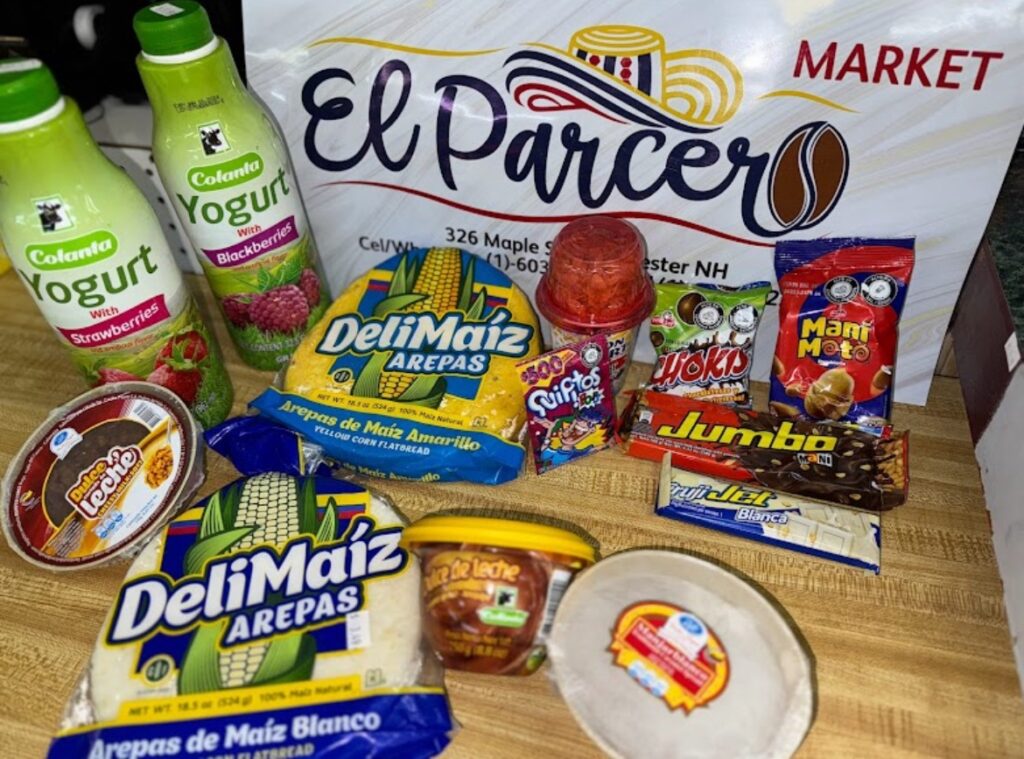New Hampshire, a state known for its picturesque landscapes and a strong sense of community, has experienced a significant increase in its Latino population over the past few decades. According to the Pew Research Center, the Latino population in New Hampshire has more than tripled since 2000, making it one of the fastest-growing ethnic communities in the state. Alongside this growth, Latinos have played a vital role in bolstering the local economy through their entrepreneurial spirit and the establishment of small businesses.
Latinos are historically known for their strong work ethic, determination, and resilience. These qualities have been instrumental in driving their success in the business sector. The Latino community in New Hampshire has embraced the opportunities to become business owners, creating a diverse and vibrant landscape of small businesses.
One of the key factors contributing to the rise of Latino-owned businesses in the state is the ability to fill gaps in the market. Many Latinos have identified unmet needs within their communities and have taken the initiative to provide essential goods and services. From authentic Latin American restaurants to specialty grocery stores, these businesses cater to the Latino community and attract customers from various cultural backgrounds, thereby enriching the state’s cultural fabric.
John Cardona, the owner of El Parcero, is an example of Latino entrepreneurs who have leveraged their cultural heritage to bring unique products and services to the market.

The shelves of the grocery store on the East Side of Manchester are stocked with a variety of specialty ethnic products offering ingredients like chipilín, flor de loroco, panela, and hojas de maxán, which are used in many dishes from Central America, like pupusas, tamales, and desserts.
“The clients guide me,” Cardona said in an interview with NHPR. “People get excited when they find their country’s produce, And they spread the word [to others].”
Independent supermarkets drive one-third of U.S. grocery sales | Supermarket News. NGA reported that Independent grocers totaled sales of $253.61 billion in 2020 and operated 21,574 stores nationwide. Hispanics made up 3.5 percent of workers and owned. 2.0 percent of businesses, according to the New Hampshire Small Business Profile report.
Latino-owned businesses have also introduced traditional crafts, art, and fashion, allowing residents and visitors to experience the rich and diverse Latino culture. These businesses have created employment opportunities for Latinos and contributed to the state’s tourism industry by showcasing their unique offerings.
The impact of Latino-owned small businesses extends beyond the economy. These businesses have become essential pillars of the community, fostering a sense of belonging and unity. They often serve as gathering places where people from diverse backgrounds come together, fostering cultural exchange and promoting social cohesion. Additionally, these businesses often support local charitable initiatives, further strengthening the bond between the Latino community and the broader community in New Hampshire.
Despite the successes achieved by Latino-owned small businesses, they still face unique challenges. Language barriers, limited access to capital, and a lack of familiarity with local regulations pose hurdles.
Cover Photo Credit: El Parcero




